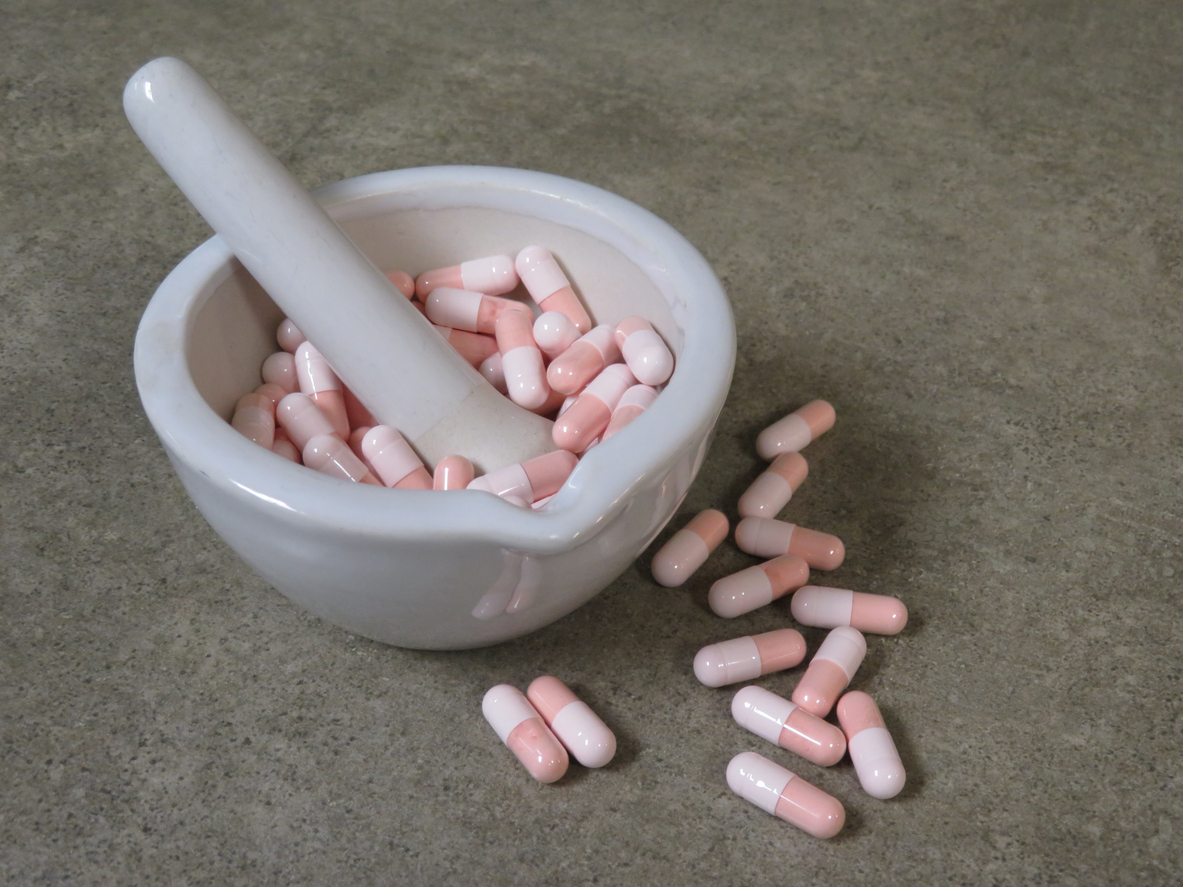FDA has been discussing using temporary enforcement discretion in two April 2020 Guidance for Industry documents for sterile compounding during the Covid-19 crisis: “Temporary Policy for Compounding of Certain Drugs for Hospitalized Patients by Outsourcing Facilities During the COVID-19 Public Health Emergency (here)” and “Temporary Policy Regarding Non Standard PPE Practices for Sterile Compounding by Pharmacy Compounders Not Registered as Outsourcing Facilities During the COVID-19 Public Health Emergency (here)”.
The first guidance listed is a temporary policy for the compounding of certain human drug products for hospitalized patients by outsourcing facilities, and is intended to remain in effect only for the duration of the public health emergency related to COVID-19 declared by the Department of Health and Human Services (HHS). It should be noted that the drugs that are the subject of this policy may change during the course of the emergency.
FDA continues to work with manufacturers in the global pharmaceutical supply chain to prevent and mitigate drug shortages and access problems, but additional flexibility is temporarily needed in order to ensure that treatment options are available when hospitals are unable to obtain FDA-approved drugs used for hospitalized patients with COVID-19.
FDA does not intend to take action against an outsourcing facility for compounding a drug product that is essentially a copy of an approved drug (either on the drug shortage list or is one of the 13 drugs listed in this document); for using a bulk drug substance that is not on FDA’s 503B Bulks List (but is one of the 13 listed bulk drug substances); or for not meeting CGMP requirements with regard to product stability testing and the establishment of an expiration date.
The Outsourcers must:
- Meet GMPs for the compounded preparation (using only one of the listed bulk drug substances);
- Assure that the bulk drug substance meets the requirements in the DQSA;
- Deliver the compounded drug directly to the hospital only after the hospital has attempted to obtain a commercially available drug;
- Assure that their practices regarding stability testing and expiration dates meet the conditions for enforcement discretion described in Appendix B in this guidance (Stability/Expiration Dating For Compounded Drug Products) and Appendix C to this guidance (Conditions Under which FDA Generally Does Not Intend to Take Regulatory Action Regarding Stability Testing and Expiration Date Requirements).
The requirements for establishing Beyond Use Dating and expiration dating are detailed in the attachments of this document. Tests required for establishing BUD and expiration dating beyond the default times are listed in Appendix C along with allowances for bracketing of data from studies of compounded preparations of differing strengths using the same container closure systems.
The Outsourcing facilities should prepare detailed standard operating procedures (SOPs) for compounding any of the listed bulk drug substances assuring that the requirements in the SOP follow this guidance.
The second guidance deals with sterile compounding by entities not registered as 503B Outsourcers and is intended to help preserve a PPE supply or in obtaining alternate or better PPE. FDA recommends that compounders: limit the number of personnel conducting sterile compounding; reduce the compounding activities/steps or use other PPE that give the same level of assurance of protection for the compounded preparation to be sterile.
FDA does not intend to take enforcement action regarding compliance with the insanitary conditions provision when drugs intended or expected to be sterile are compounded without standard PPE, provided the following circumstances are present:
- The compounder is unable to obtain enough of its normal supply of PPE;
- Any compounded drug meets the conditions in section 503A of the FD&C Act;
- The compounder uses a codified mitigation strategy when compounding is performed without standard PPE; or employs terminal sterilization where standard PPE is not used, if basic gowning requirements (e.g., hairnet, clean garment, non-sterile gloves, other appropriate coverings) are employed;
- The compounder keeps a written record when compounding without standard PPE; keeps a written record when using an alternate sterilization method (e.g., from aseptic processing to terminal sterilization); and has these elements in a current standard operating procedure.
This guidance contains FDA’s thoughts on strategies for reuse of PPE and/or use of inferior PPE to current practices of the compounders, strategies to reduce risks of contamination when compounding using nonstandard PPE and strategies for reducing risk of proliferation of microbes in a potentially contaminated product.
Compounders are expected to have written mitigation strategies and SOPs in place and in use for any exceptions covered in this guidance.



